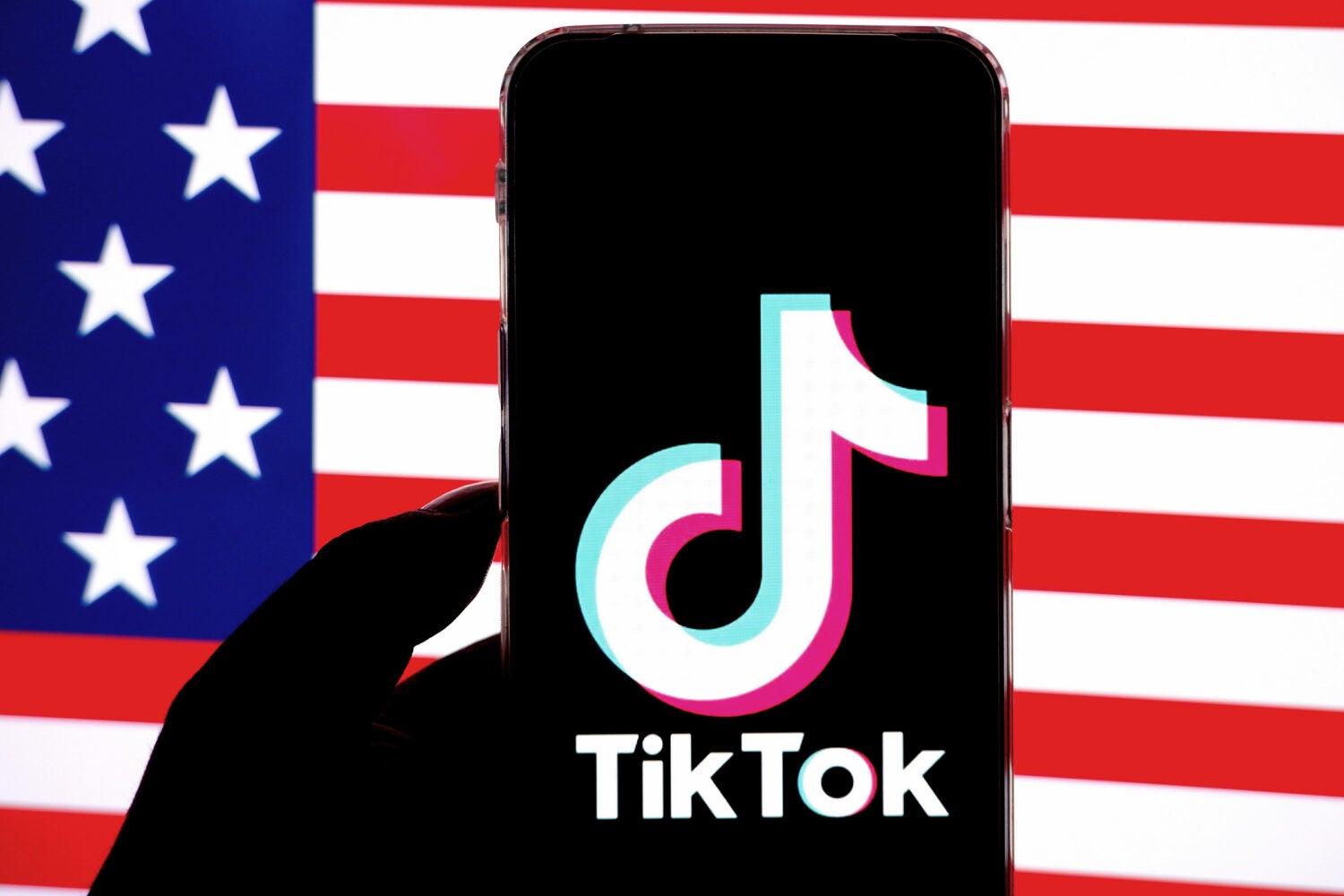The future of TikTok in the United States hangs in the balance. With concerns swirling around data security and potential Chinese government access to user information, the Supreme Court is poised to make a crucial decision that could drastically alter the social media landscape. This article delves into the complexities of a potential TikTok ban, exploring the legal battles, the technical feasibility of a ban, and the most likely outcomes. We spoke with Gabe Robins, a computer science professor at the University of Virginia specializing in algorithms, to gain expert insights into this developing situation.
The Bipartisan Concern: National Security and Data Privacy
Rarely does an issue garner such bipartisan support in Washington as the concern surrounding TikTok. The primary worry stems from the app's Chinese ownership under ByteDance. The close relationship between private enterprise and the Chinese government raises fears that user data, including personal information, messages, and online behavior of millions of Americans, could be accessed by the Chinese government. This potential access raises significant national security concerns for the US.
How TikTok's Algorithms Work and the Data They Collect
TikTok's powerful algorithms are the engine behind its engaging content. These algorithms analyze user data such as clicks, likes, dislikes, purchase history, and ad interactions to create detailed user profiles. This data mining can reveal surprisingly intimate details about users, including their health status, sexual orientation, and political leanings, even with limited initial data points. While this data collection is common across many social media platforms, the concern with TikTok lies in its foreign ownership and the potential for access by a foreign government.
Is a Ban the Only Solution? The Likelihood of a Sale
While a complete ban is technically feasible—involving blocking access to TikTok's servers—it's not the most likely outcome. Experts suggest that a sale to a US-approved buyer is a more probable scenario. This would address the national security concerns by bringing TikTok under US legal jurisdiction, subject to US laws and regulations, including subpoena power.
Data Protection Under US Ownership: A Complex Issue
While US ownership would subject TikTok to US laws, the issue of data privacy remains complex. The Snowden revelations highlighted the US government's own data collection practices, raising questions about the extent to which user data is truly protected, even under domestic ownership. However, US ownership would at least provide a framework of legal recourse and greater transparency.
The Power of Algorithms and Their Influence on Our Thinking
Beyond data security, concerns also focus on the influence TikTok's algorithms wield over the information environment. Algorithms curate content based on user behavior, creating echo chambers and potentially reinforcing existing biases. This raises valid questions about their impact on independent thought and the potential for manipulation.
The Technical Feasibility of a Ban: A Relatively Simple Process
Technically, implementing a ban is straightforward. The government could instruct domain name servers to redirect traffic away from TikTok's servers, effectively blocking access to the app. This is similar to methods used by other countries, including China, to block access to foreign websites.
The Role of the Supreme Court and Potential Presidential Influence
The Supreme Court's decision will be final, but the President could still influence the outcome through negotiations with ByteDance. A deal involving the sale of TikTok's US operations to a US company would be a likely compromise, ensuring continued service for users while addressing national security concerns.
The Impact on Users and the Future of TikTok
A complete ban could lead to user migration to other platforms. However, a sale would likely result in a smooth transition with minimal disruption for users. The sheer size of TikTok's user base, particularly among younger demographics, makes a complete shutdown politically challenging.
Key Takeaways:
- National security concerns and data privacy are driving the push for a TikTok ban.
- A sale to a US-approved buyer is the most likely outcome.
- While US ownership offers greater legal protection, data privacy remains a complex issue.
- Algorithms have significant power over the information we consume.
- A complete ban is technically feasible but politically challenging.




